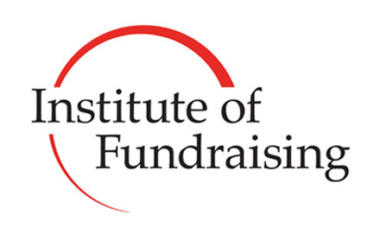The Institute of Fundraising has called on charities using agencies in their fundraising to set “realistic, practical and achievable” targets, as part of extensive new guidance on third-party fundraising.
The new guidance, published today by the IoF in conjunction with Raise Consulting, is called Partnerships for Sustainable Fundraising: A Practical Guide for Charities Working with Agencies, and is aimed at charities looking to work with agencies for the first time as well as those looking to review existing third-party arrangements.
The guidance breaks the process down into four parts: Planning and Preparation; Selecting, Assessing and Appointing a Partner; Establishing the Terms of the Partnership, and Monitoring, Reviewing and Evaluating.
It reads as a step-by-step guide for charities in dealing with agencies – right from planning and preparing a campaign, through to briefing and selecting an agency partner, to regularly monitoring the fundraising activity it undertakes on the charity’s behalf. It also features two case studies supplied by Alex Hyde-Smith, head of individual giving at Marie Curie, and Helen Pattinson, deputy director of fundraising and head of individual giving at ActionAid.
Alongside warning charities that they must be realistic in the kinds of targets they set agencies in terms of fundraising income, the guidance also stresses that “fundraising agencies and charities are susceptible to changes in the fundraising (and wider political and media) environment” and, as a result, charities should “be mindful of the impact for both the charity and the agency (in some cases redundancy, or even closure)”.
In the monitoring section of the guidance, the guidance states that the charity’s aim “should be to create a genuine partnership with your chosen supplier”. It also says that “complaint levels should not be the only indicator or measure of the quality of your activity”.
The guidance concludes that charities should think about their partner agencies “as an integral part of your fundraising team” and develop them “in the same way that you manage and develop fundraising activities with the people who work within your organisation”.
Dan Fluskey, head of policy and research at the IoF, told Civil Society News that this guidance represented the first time that the Institute had undertaken such a detailed body of work on the topic.
“This isn’t about trying to rewrite the Code of Fundraising Practice, or set any rules in stone. It’s more about trying to help shift the emphasis for charities when it comes to dealing with agencies. Their responsibility doesn’t finish when a fundraising agreement with an agency has been signed.”
Stephen Dunmore, interim chief executive of the Fundraising Regulator, welcomed the guidance and stressed: “It is imperative that every aspect of the fundraising relationship is carefully considered by both charities and agencies, to ensure the public can have confidence in fundraising practice and to protect charities from reputational and financial risk."
The full guidance can be downloaded for free here.









